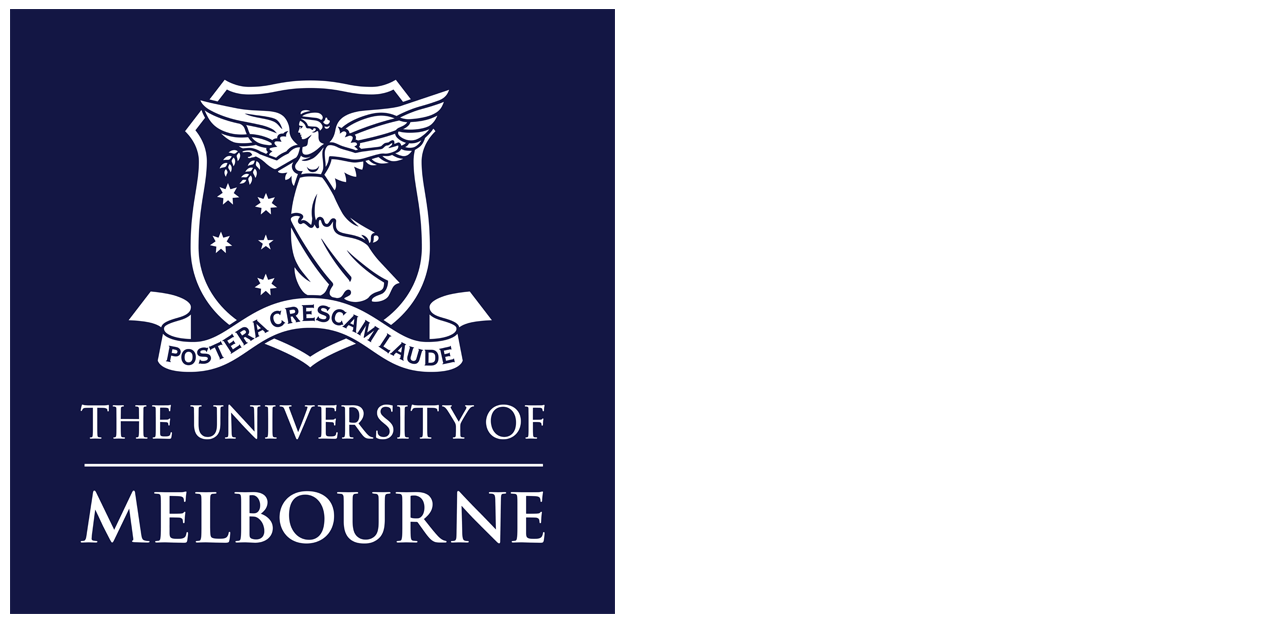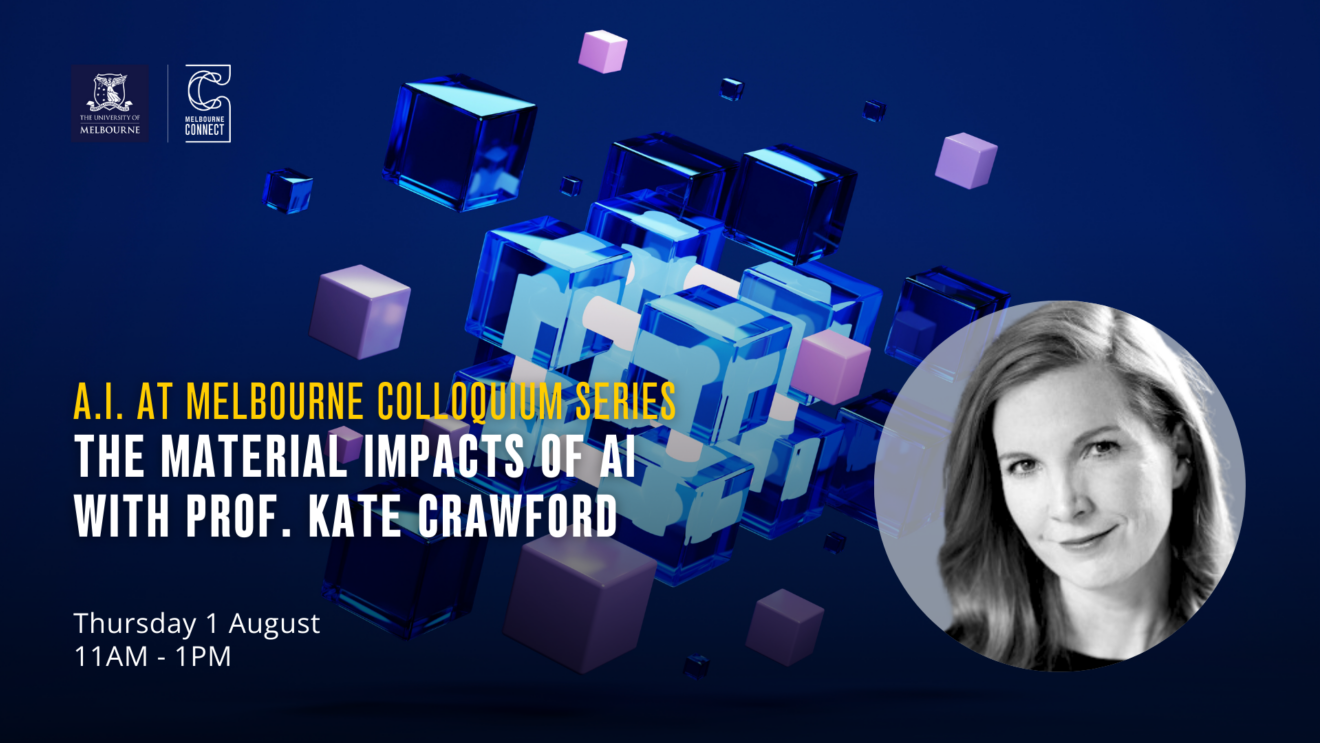


There has been a recent spike in concern about existential risk from artificial general intelligence, or AGI. This fear, associated with terms such as "X-risk," and "the singularity," focuses on the hypothetical possibility of creating a machine intelligence that will ultimately eliminate the human race. But the loudest alarmists about existential risk are the architects of the technology they warn against. By sustaining this paradox, they are reaping unprecedented financial investment and political power. In the shadow of existential risk, the genuine harms of AI are being obscured: how generative AI is already impacting our environment, labor dynamics, and knowledge practices. In this talk, Prof. Crawford will address the material impacts of actually existing AI across three domains: ecological, economic, and electoral.
This event is part of the AI at Melbourne Colloquium Series, a program of talks on the future of Artificial Intelligence at The University of Melbourne.
Prof. Kate Crawford
Research Professor, University of Southern California
Professor Kate Crawford is a leading international scholar of artificial intelligence. She is a Professor at USC Annenberg, a Senior Principal Researcher at MSR New York, and was the inaugural Visiting Chair for AI and Justice at the École Normale Supérieure in Paris. Her book Atlas of AI won multiple awards and was named one of the best books of 2021 by New Scientist and The Financial Times. Her project Anatomy of an AI System with Vladan Joler won the Design of the Year Award in 2019 and is on show at MoMA from 2022-2024. Their latest work, Calculating Empires: A Genealogy of Technology and Power, won the Grand Prize of the European Commission for art and technology. She was named on the TIME100 list as one of the most influential people in AI.